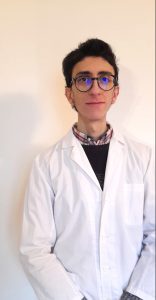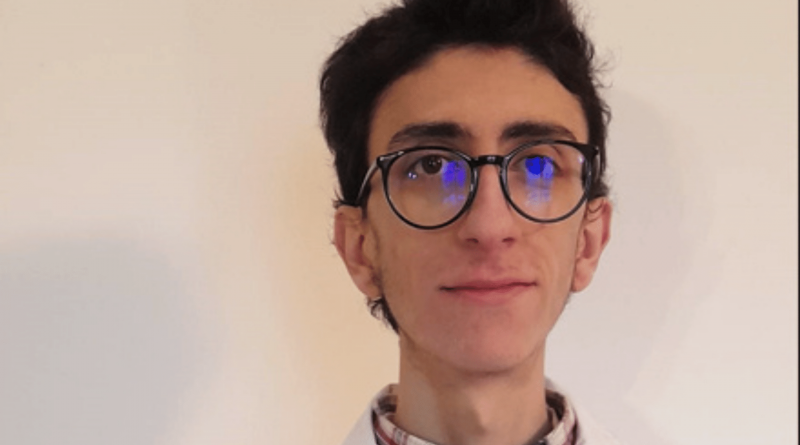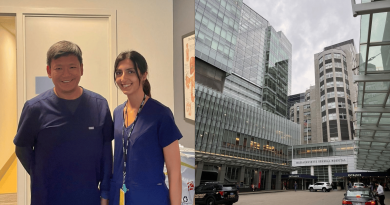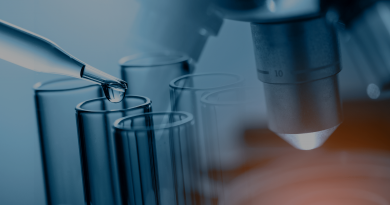Lab Experience Personal reflection – Antonio Maria Alviano
Lab Experience Personal reflection
Antonio Maria Alviano, Virgilio 3rd Cohort Student, UNIMIB
I had the opportunity to do my 2nd Lab Rotation at the Laboratory of Molecular Onco – hematology, University of Milano – Bicocca. PI of the Laboratory: Prof. Carlo Gambacorti – Passerini. Tutor: Dr. Valentina Crippa.
During my lab rotation, I took part in experiments pertaining to two main research projects: the first was aimed at assessing the effect of small – molecule inhibitors of the Anaplastic Lymphoma Kinase (ALK) on the viability of ALK – overexpressing breast cancer cell lines: alterations of the ALK gene, mainly consisting in translocations, have been described in several cancers, such as anaplastic large cell lymphoma (ALCL), non – small cell lung cancer (NSCLC) and triple – negative breast cancer (TNBC). Cell viability was being evaluated by means of the MTS assay, an experimental procedure based on a colorimetric reaction which is widely used for in vitro drug sensitivity tests. In this context, I was involved in all the steps required to conduct such an assay, from the preparation of the microtiter plate with the suitable volumes of cell suspension and inhibitor (e.g., crizotinib) solution, all the way to data analysis and interpretation. Furthermore, I had the chance to practice some of the basic cell culturing techniques, such as counting, passaging and freezing cells, as well as to isolate the RNA from a cell culture, retrotranscribe it into cDNA and assess the level of expression of a target gene by performing a quantitative real – time PCR (qPCR).
The goal of the second project was the investigation of the role of phosphoethanolamine (P – Et), a molecule involved in the biosynthesis of phospholipids, as a modulator of mitochondrial activity in cancer cells: the research group I joined had previously highlighted the occurrence of somatic mutations in the ETNK1 gene, encoding the enzyme that converts ethanolamine (Et) to P – Et, in the hematological disorder atypical chronic myeloid leukemia (aCML), resulting in a low intracellular P – Et level; they had also shown that P – Et acts as a competitive inhibitor of the mitochondrial enzyme succinate dehydrogenase (SDH) and that reduced P – Et levels are associated with an increase in the mitochondrial generation of oxygen – derived free radicals, which promote cancer progression by facilitating the acquisition of new mutations. At the time of my lab rotation, the researchers were in the process of generating a mouse model bearing the ETNK1 N244S mutation, to better characterize the phenotypic consequences of ETNK1 alterations. Therefore, I was introduced to the techniques which allow to insert a gene of interest into a plasmid vector and to obtain multiple copies of the latter by transforming bacterial cells and isolating plasmid DNA from bacterial colonies.
All in all, my experience in the Molecular Onco – hematology Lab was one of a high formative value, because it allowed me to become acquainted with a number of fundamental laboratory techniques and to get an insight into how researchers plan their experiments, draw their conclusions and tackle challenges encountered along the way. This was made possible by the extensive guidance I received from my Tutor, who took time to explain to me not only how to perform the various assignments, but also the rationale behind the main steps of each experimental procedure. Finally, the welcoming environment I found in the Lab made me feel part of the research group and contributed to fueling my desire to work in the field of clinically – oriented biomedical research.




